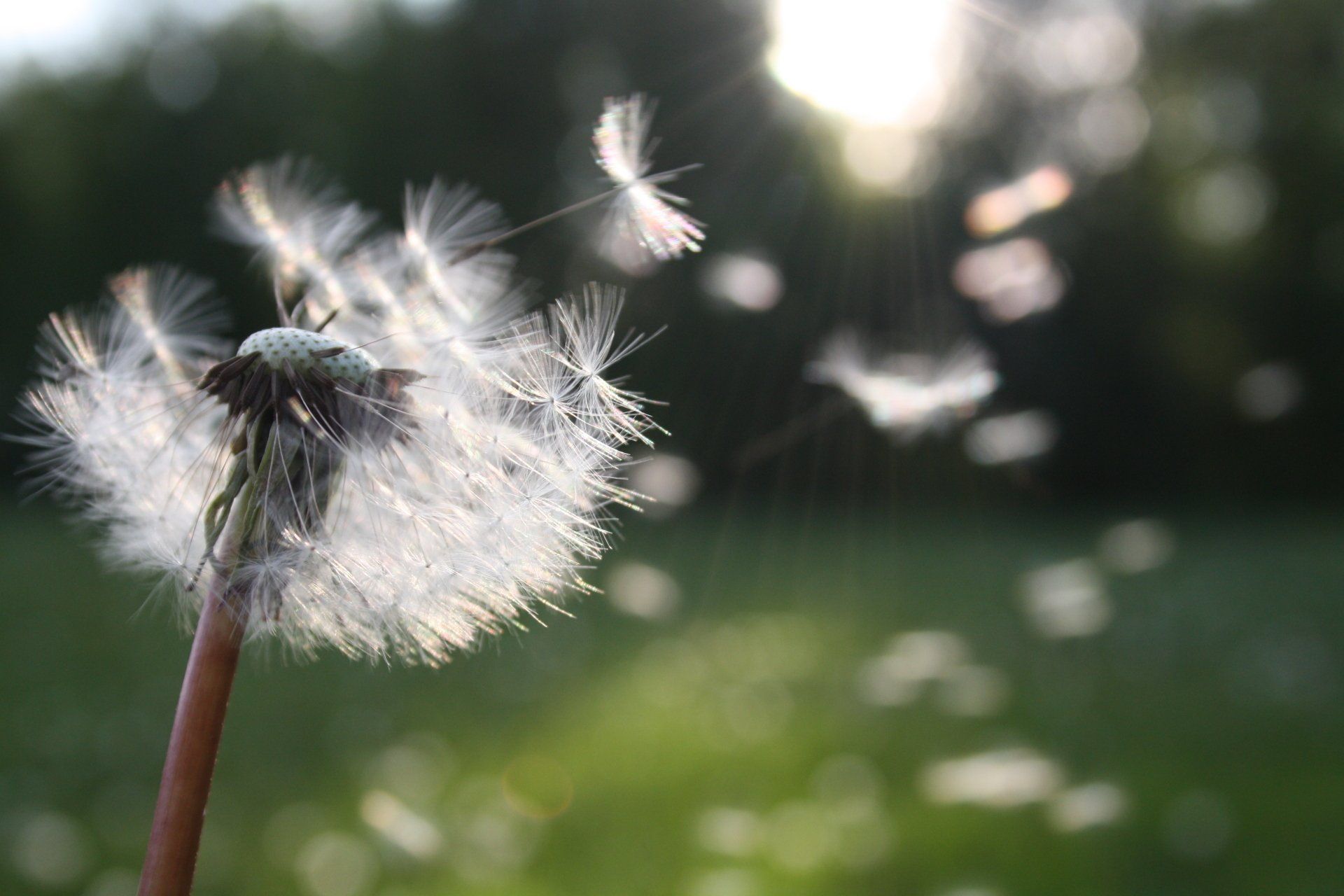Not Ourselves
I watched a Netflix film recently called “Wild, Wild Wind.” The main character had undergone an internal moral revolution toward the end of the film, evolving from selfishness to a selfless pursuit of justice. As he pursued the course that would take him to this end, a song played in the background that was very moving to me. It was called “Oh My Lord” and was composed and sung by Chris Chameleon, a South African musician. The song went like this, with the refrain of “Oh my Lord” sung in a very sweet and reverential way:
You made these hands
You gave them work
Oh my Lord.
You made these feet
And where they walk.
Oh my Lord.
Take me back, my Lord
Bring me home, my Lord.
Oh my Lord.
You made this heart
You made it beat
Oh my Lord.
You made these eyes
And all they see
Oh my Lord.
Take me home, my Lord
Bring me back, my Lord.
Oh my Lord.
You made this soul
And why it’s so
Oh my Lord.

This song, which is Christian, put me in mind of a view that is held in the spiritual traditions of all the major religions, that our lives are run by a power that is not ourselves.
As illustration, for the Christian tradition we have the song. I also remember from my Christian upbringing the principle that all things are caused by God.
In Sufism, the spiritual tradition of Islam, there are tales underscoring that we do not run our own lives. I remember a story in which a seer told a man he would soon die. Thinking he would escape his coming mortality by leaving the unhealthy air in his own city, he moved to another city, where he died within days.
As an aside, there is another parallel within Sufism to the Christian song. In Sufism, we have dwelled with Allah before birth. As we approached birth, however, an angel pressed our lips shut with a finger (hence the indentation under our nose), indicating that we were to forget the bliss of having lived with Allah. Thereafter, during our life on earth, we long to remember Allah and to return to him. The song says, “Take me home, my Lord/Bring me back, my Lord.”
Nisargadatta, from the Hindu tradition, is quite emphatic in asserting that our lives are not run by ourselves. He says, “Why do you talk of action? Some unknown power acts and you imagine that you are acting. You are merely watching what happens, without being able to influence it in any way.”[1]
In the spiritual tradition within Buddhism, there is also the view that what runs our lives is something other than ourselves. For instance, Keizan in Transmission of Light asks rhetorically, “Do you not realize that you respond when called and get where you are going by following directions?”[2] Also in the Zen Buddhist tradition, Suzuki Roshi says, “. . .We create airplanes and highways. And when we repeat, ‘I create, I create, I create,’ soon we forget who is actually the ‘I’ which creates the various things; we soon forget about God.”[3]
To speak personally, the practice of zazen has brought about in me the sense that my life does take its shape by some power other than myself. Possibly Nisargadatta described my experience when he was asked during one of his talks how one recognizes spiritual progress. He replied, “. . . When one stops thinking that one is living, and gets the feeling that one is being lived, that whatever one is doing, one is not doing, but one is made to do, then that is sort of a criterion.”[4] If that feeling has come about in me, I’m sure it has also come about in other zazen practitioners. It’s part of the truth of life that a practitioner comes to see.
Footnotes
- Sri Nisargadatta Maharaj, I Am That, The Acorn Press, Durham, 1973, p. 238.
- Zen Master Keizan, Transmission of Light, Boston, 2002, p. 26.
- Shunryu Suzuki, Zen Mind, Beginner’s Mind, New York, 1970, p. 66.
- Sri Nisargadatta Maharaj, The Ultimate Medicine, Berkeley, 1994, pp. 96-97.
All Rights Reserved | Zazen Essays